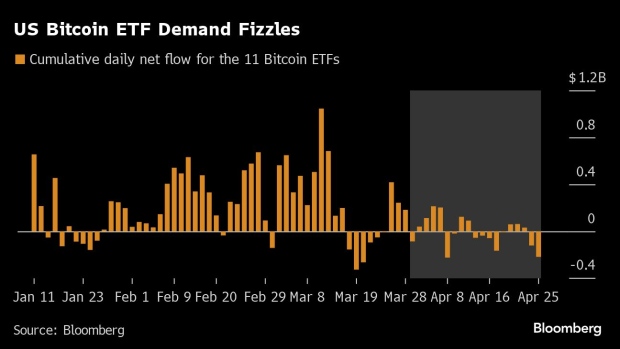Coinspeaker
European Gas Prices Surge Almost 40% amid Supply Concerns
On Wednesday, the prices of European natural gas soared by almost 40%, for the first time since June. The price levels reached more than €40 per megawatt-hour, driven by fears over possible supply disruption in Australia. There, workers of major liquefied natural gas plants were reportedly planning strike action in a fight for higher salaries and better job security. On top of that, some traders closed out their bets that gas prices would fall, which also fueled price movements.
Callum Macpherson, head of commodities at Investec, stated:
“A fear that an outage in Australia could increase demand from Asia buyers for LNG that might otherwise come to Europe, has led to today’s spike in prices.”
John Evans, an analyst at brokerage PVM, commented:
“Australia is now the highest exporter of LNG, beating Qatar and the US, but with production issues and compromised gas fields, European buyers are fearful of security in supply and have resorted to tank filling from the cash market before the onset of winter.”
Prices on the Dutch Title Transfer Facility, the European benchmark, rose to more than €43 per megawatt-hour, reaching an intraday record high. On Thursday, the price slightly fell to €39.82. As of the press moment, the gas price at the Dutch Title Transfer Facility makes up €36.16.
What Is Happening in Australia?
Over the past decade, Australia’s LNG exports have grown exponentially, making it the country with the largest operating LNG export capacity in the world. Last year, Australia recorded an all-time high in liquefied natural gas export earnings, with volumes and prices driven by the energy security crisis that followed the outbreak of the war between Russia and Ukraine. As per the Australian Petroleum Production & Exploration Association (APPEA), the record export income led to support for thousands of jobs, substantial direct government revenues, and significant expenditure locally.
However, it turns out that revenue generated from gas export does not mean benefits for those involved in the working processes. Currently, there are high risks of potential strikes at three major liquefied natural gas facilities in Australia that could disrupt about 10% of global exports of fuel. The owners of the facilities, Chevron and Woodside Energy Group, are now holding talks with unions to avoid the protests.
“We will continue to engage our employees and their representatives as we seek outcomes that are in the interests of both employees and the company,” said a Chevron representative.
Unions representing 700 workers at the LNG facilities have been complaining about low pay and bad working conditions. As a result, they have applied for “protected action ballot orders” that give them the right to hold votes on strike action. According to those familiar with the matter, the ongoing negotiations with Woodside and Chevron are at different stages. But considering how the processes are run, industrial action is likely to take place towards the end of August and could carry on for months if not resolved. The talks will continue until next Tuesday.
Read other market news on Coinspeaker.





